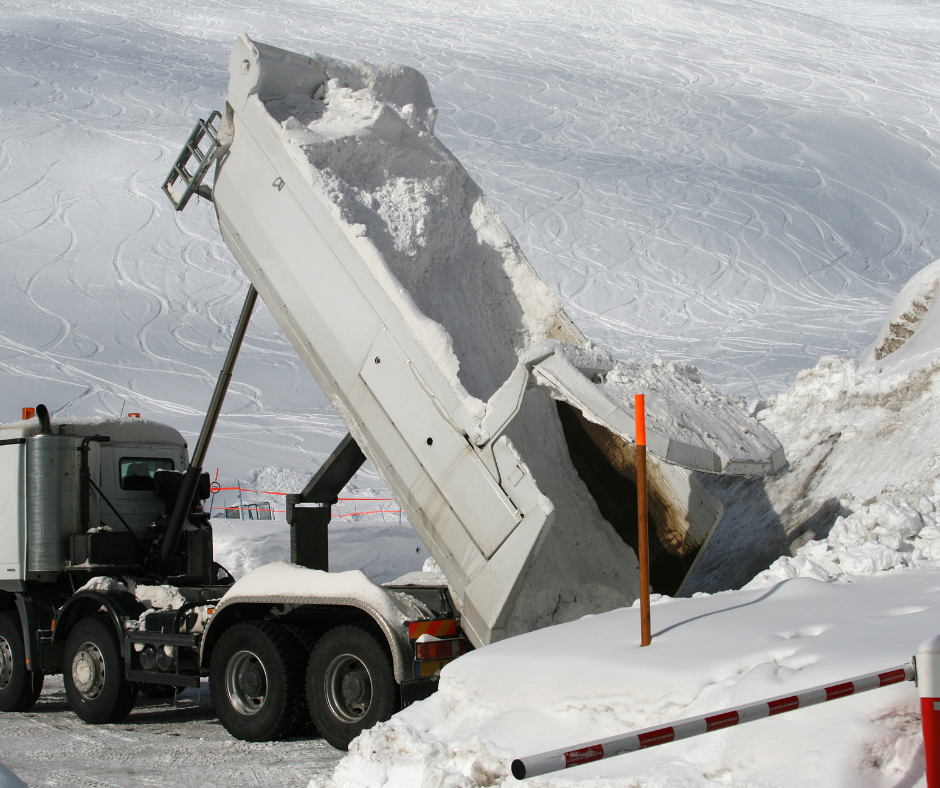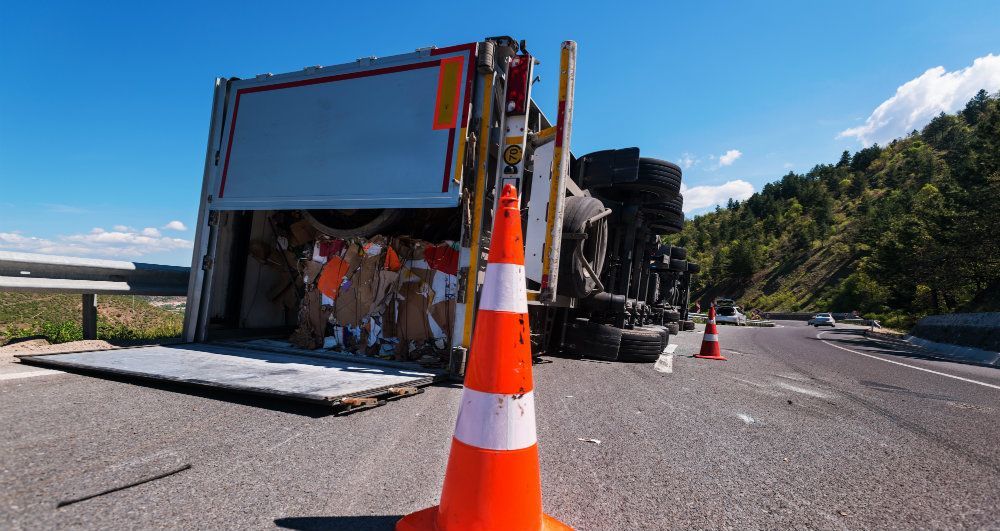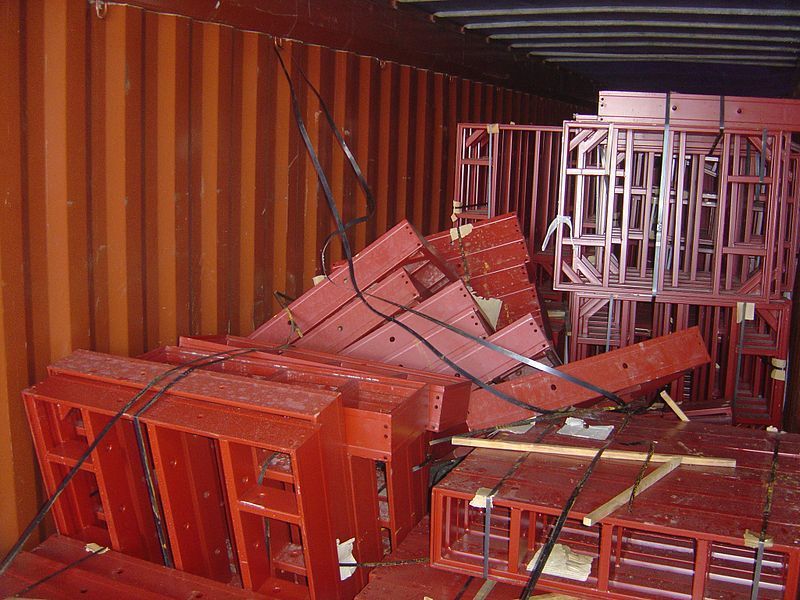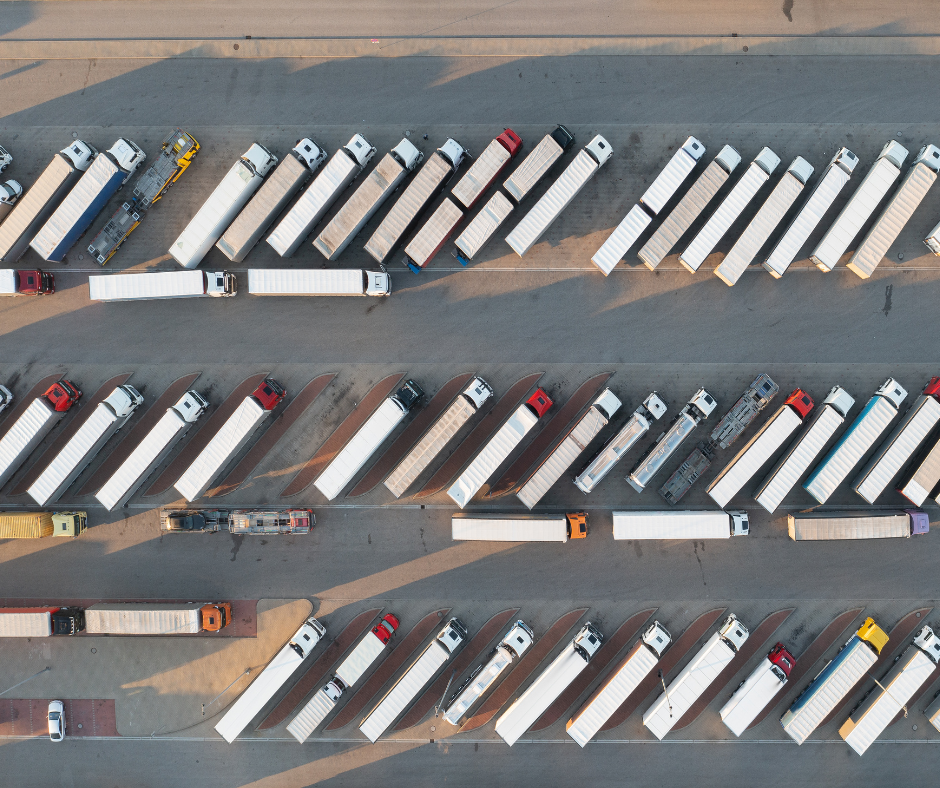Plan the load distribution: Distribute the weight of the cargo evenly across the trailer. Place heavier items towards the front and center of the trailer, as this helps maintain stability during transit. Avoid loading all the weight to one side, as it can lead to imbalance and increased risk of tipping.
Ten Tips to Securing a Load on a Trailer
Securing a load on a tractor trailer properly is essential for safety, efficient transportation, and protecting the cargo. We cringe when we hear of the damage done to a trailer because the cargo shifted or fell since it was not properly loaded and secured. Below are the ten tips to follow when loading a tractor trailer.
Prepare the trailer: Before loading, make sure the trailer is clean and free from any debris or obstacles. Inspect the trailer for any damage or defects that could affect the loading process or cargo stability.
Determine the load capacity: Check the load capacity of the trailer and ensure that the weight of the cargo does not exceed this limit. Overloading can compromise safety and cause damage to the trailer and cargo.
Use loading equipment:
Utilize appropriate loading equipment such as forklifts, pallet jacks, or loading ramps to safely load the cargo onto the trailer. Make sure the equipment is in good working condition and operated by trained personnel.
Check clearance and trailer doors: Ensure that there is enough clearance for the cargo, considering the height and width restrictions of the trailer. Confirm that the trailer doors can be closed properly without causing damage to the cargo or compromising the security of the load.
Follow legal and regulatory requirements: Ensure compliance with local regulations and any specific guidelines or requirements set by your company or transportation authorities. This includes weight restrictions, hazardous material regulations, and any other relevant regulations.
Regularly monitor the load during transit: While on the road, periodically check the load to ensure it remains secure and stable. Make any necessary adjustments if you notice any shifting or loosening.
Remember, loading practices may vary depending on the specific type of cargo and trailer configuration. It is crucial to follow industry best practices and adhere to any specific guidelines provided by your organization or regulatory authorities. At DVC, we utilize the latest safety practices and guidelines to help ensure our loads are secure and will not cause damage to our fleet and the public.
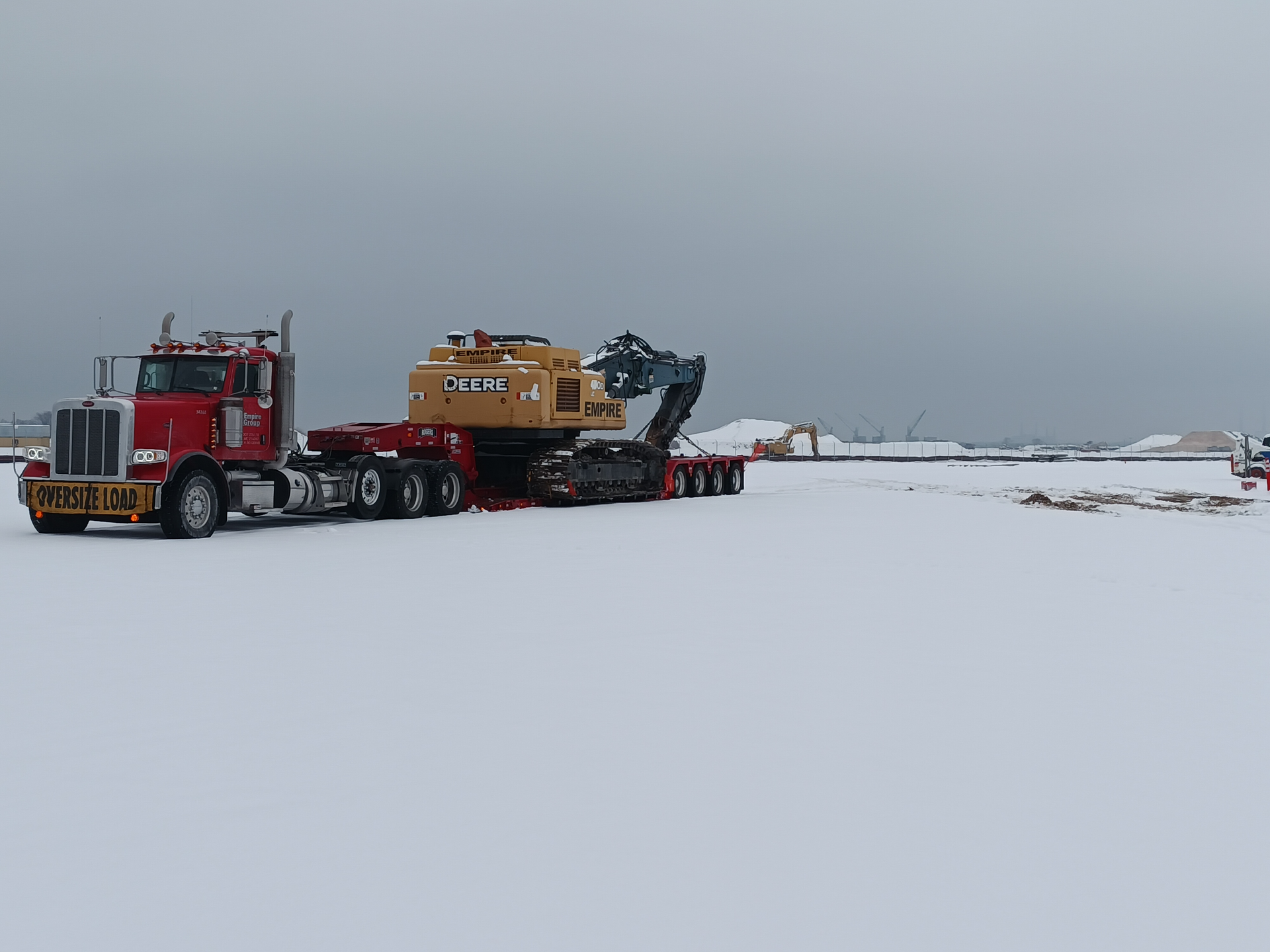

How DVC's Trailers Are Perfect for Transporting Mulch, Stone, Sand and Soil for Landscaping Projects


